
The Majestic Mulanje Mountain: Malawi's Crown Jewel
Mulanje Mountain, often referred to as the 'Island in the Sky,' is a magnificent massif in southern Malawi. Rising over 3,000 meters above sea level, this mountain offers breathtaking views, lush forests, and unique biodiversity. The highest peak, Sapitwa, stands as a challenge to avid hikers and climbers, promising an adventurous and rewarding journey. Mulanje Mountain is not just about the climb; its lower slopes are adorned with tea plantations that paint the landscape a vibrant green. The mountain is home to the Mulanje Cedar, a rare and endangered tree species. Visitors can explore the area's rich flora and fauna, including various bird species and small mammals. For those who prefer a leisurely visit, Mulanje offers serene picnic spots and natural pools to relax and enjoy the tranquil surroundings. Local guides are available to provide insightful tours, sharing the mountain's history and cultural significance. Whether you seek adventure or relaxation, Mulanje Mountain has something to offer every traveler.
Local tips in Mulanje Mountain
- Hire a local guide to navigate the trails and learn about the mountain's history and ecology.
- Visit during the dry season (May to October) for the best hiking conditions.
- Pack layered clothing as temperatures can vary significantly from the base to the summit.
- Carry enough water and snacks, as there are limited facilities on the mountain.
- Don't forget your camera – the panoramic views are absolutely stunning.
The Majestic Mulanje Mountain: Malawi's Crown Jewel
Mulanje Mountain, often referred to as the 'Island in the Sky,' is a magnificent massif in southern Malawi. Rising over 3,000 meters above sea level, this mountain offers breathtaking views, lush forests, and unique biodiversity. The highest peak, Sapitwa, stands as a challenge to avid hikers and climbers, promising an adventurous and rewarding journey. Mulanje Mountain is not just about the climb; its lower slopes are adorned with tea plantations that paint the landscape a vibrant green. The mountain is home to the Mulanje Cedar, a rare and endangered tree species. Visitors can explore the area's rich flora and fauna, including various bird species and small mammals. For those who prefer a leisurely visit, Mulanje offers serene picnic spots and natural pools to relax and enjoy the tranquil surroundings. Local guides are available to provide insightful tours, sharing the mountain's history and cultural significance. Whether you seek adventure or relaxation, Mulanje Mountain has something to offer every traveler.
When is the best time to go to Mulanje Mountain?
Iconic landmarks you can’t miss
Kara O'mula by Serendib
Discover the serene beauty of Kara O'mula by Serendib, a perfect hotel and restaurant amidst the stunning landscapes of Mount Mulanje.

Likhubula Falls (Dziwe la Nkhalamba)
Explore the breathtaking Likhubula Falls in Mulanje, a stunning waterfall surrounded by lush landscapes and rich biodiversity, perfect for nature lovers.
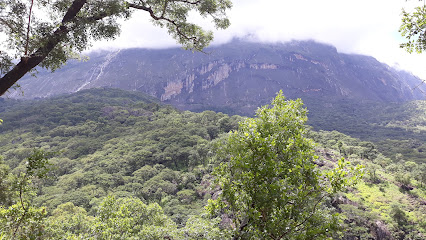
Williams Falls
Explore the tranquil beauty of Williams Falls in Zomba, Malawi, a natural wonder offering stunning views and refreshing pools amidst lush landscapes.
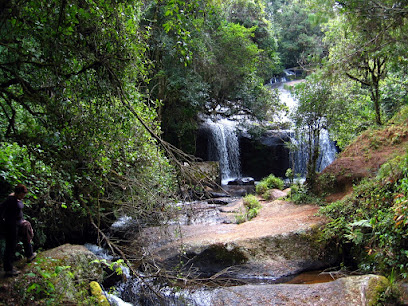
Mulanje Massif
Explore the breathtaking landscapes of Mulanje Massif, Malawi's stunning mountain range with diverse wildlife, unique flora, and unforgettable hiking adventures.
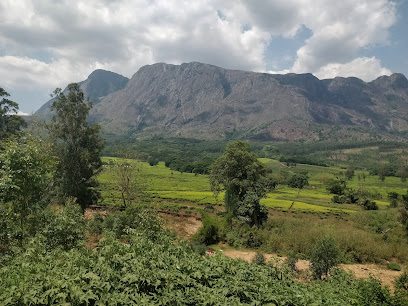
Malape pillars
Explore the breathtaking Malape Pillars in Lilomba, Malawi, a stunning natural attraction showcasing unique rock formations and serene landscapes.
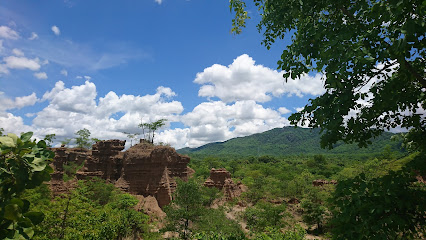
Chongoni Rock Art Area
Explore the Chongoni Rock Art Area in Malawi, home to ancient rock paintings and stunning landscapes, offering a glimpse into the region's rich history.
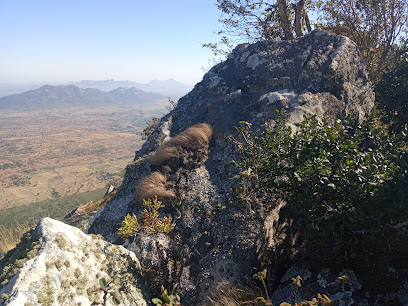
Bunda Mountain
Discover the breathtaking trails of Bunda Mountain in Malawi, where nature and adventure come together for an unforgettable hiking experience.
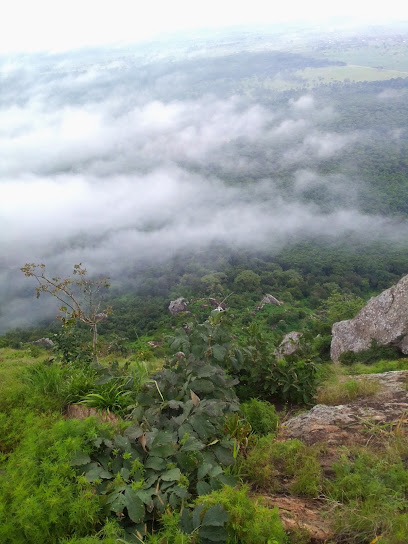
Lengwe National Park
Explore the natural wonders of Lengwe National Park in Malawi, a haven for wildlife enthusiasts and nature lovers seeking adventure in serene landscapes.
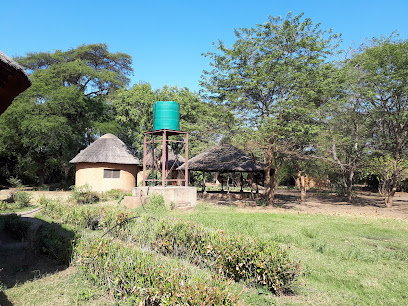
Likhubula Forest Lodge
Discover the beauty of Mulanje at Likhubula Forest Lodge, the perfect nature retreat for hikers and wildlife lovers in Malawi's pristine landscapes.

Chambe Hut (Mt. Mulanje)
Experience the breathtaking beauty of Mt. Mulanje at Chambe Hut, your perfect mountain retreat for adventure and tranquility in Malawi.
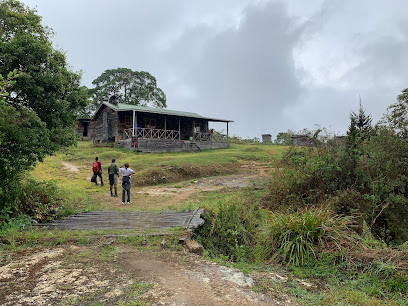
Chisepo Hut (Mt. Mulanje)
Discover the tranquility of Chisepo Hut on Mt. Mulanje, a perfect mountain retreat for nature lovers and adventurers seeking breathtaking views.
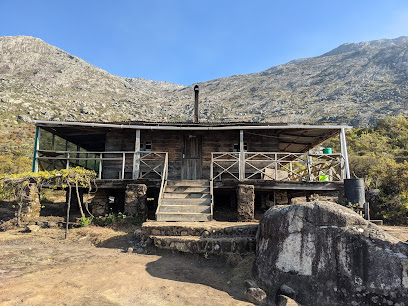
Nkhoma mountain
Explore the breathtaking beauty of Nkhoma Mountain in Malawi, a perfect hiking destination for adventure seekers and nature lovers.
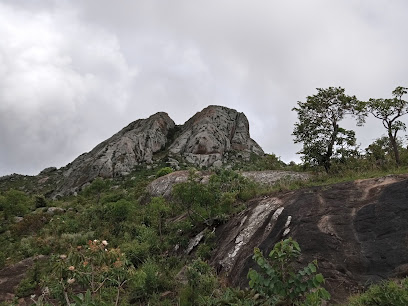
Likhubula forest gate
Discover the breathtaking trails and natural beauty at Likhubula Forest Gate, your gateway to Mulanje Mountain's majestic landscapes.
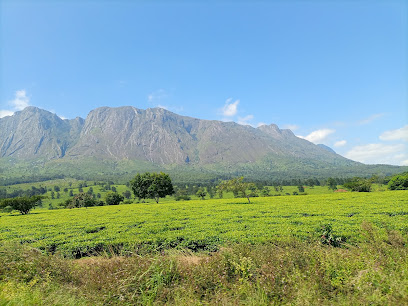
Mulanje Mountain Tours and Travel
Discover the stunning landscapes and rich biodiversity of Mulanje Mountain through guided trekking tours that offer unforgettable experiences in Malawi.
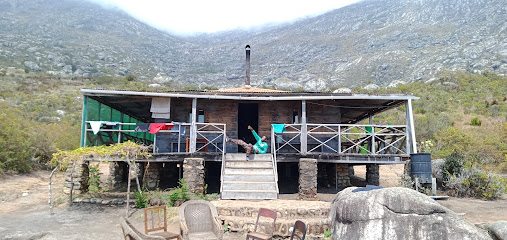
Mount mulanje
Discover the breathtaking beauty of Mount Mulanje, a top hiking destination in Malawi, rich in biodiversity and cultural experiences.
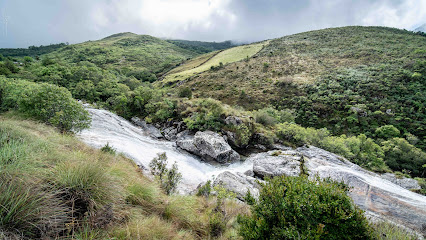
Unmissable attractions to see
Mvuu Camp
Experience the wild beauty of Malawi at Mvuu Camp, your gateway to adventure in Liwonde National Park with stunning wildlife and breathtaking landscapes.
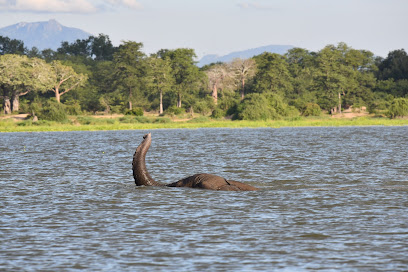
Mulanje Massif
Explore the breathtaking Mulanje Massif, a stunning mountain range in Malawi, perfect for hiking, adventure, and immersing in local culture and biodiversity.
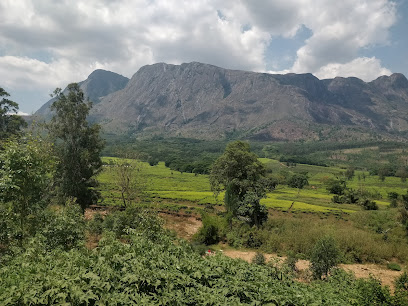
Chongoni Rock Art Area
Explore the Chongoni Rock Art Area, a UNESCO World Heritage Site filled with ancient rock art that offers a glimpse into Malawi's rich cultural heritage.
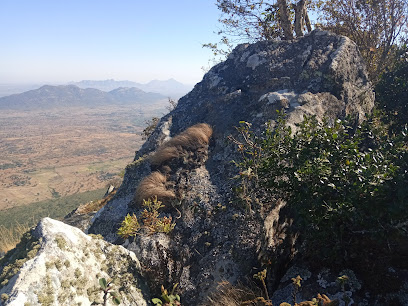
Lengwe National Park
Experience the breathtaking wildlife and serene landscapes of Lengwe National Park in Malawi, a true paradise for nature lovers and adventure seekers.
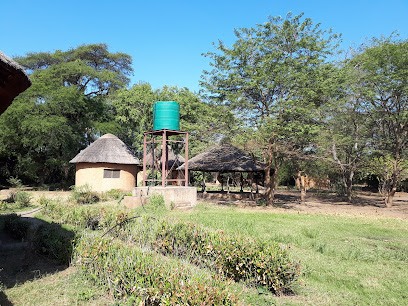
Zomba Massif
Explore the breathtaking beauty of Zomba Massif, a mountain peak in Malawi offering stunning views, diverse wildlife, and unforgettable hiking experiences.
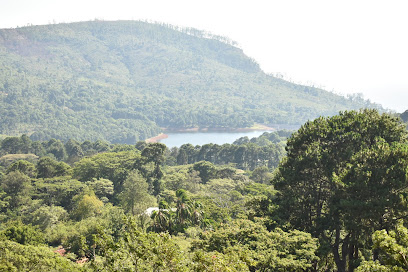
Chisepo Hut (Mt. Mulanje)
Discover the tranquility of Chisepo Hut on Mt. Mulanje, a perfect escape for nature lovers and adventure seekers in Malawi's breathtaking landscapes.
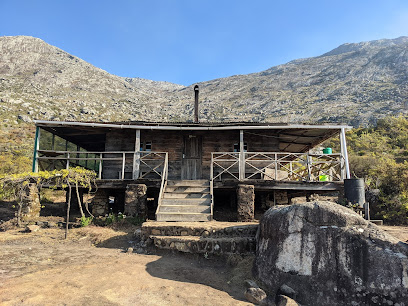
Zoa Falls, Thekerani, Thyolo
Explore the stunning Zoa Falls in Thyolo, a breathtaking natural wonder surrounded by lush landscapes and rich wildlife in Malawi.
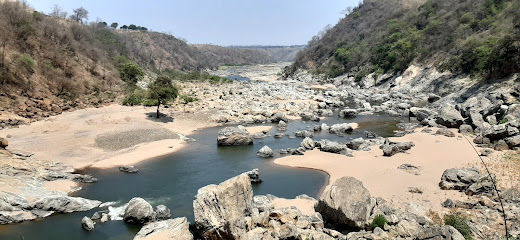
Mulanje Mountains
Discover the breathtaking beauty and adventure of the Mulanje Mountains in Malawi, a paradise for hikers and nature lovers alike.

Mount mulanje
Explore the breathtaking trails of Mount Mulanje, a hiker's paradise in Malawi, filled with stunning views, rich biodiversity, and vibrant culture.
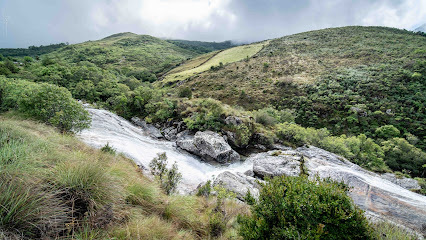
Mulanje Mountain Hiking in Malawi
Experience the breathtaking beauty of Mulanje Mountain, a hiking paradise in Malawi with stunning landscapes and rich biodiversity.

Maciço de Mulanje
Explore the breathtaking Maciço de Mulanje, a mountain peak in Malawi offering stunning views, diverse wildlife, and unforgettable hiking experiences.

infoMulanje
Explore the breathtaking landscapes, rich biodiversity, and vibrant culture of Mount Mulanje, Malawi's stunning granite massif.
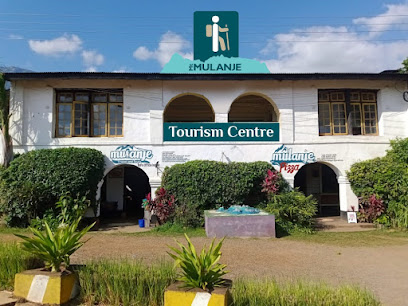
Essential places to dine
Hostaria Restaurant
Experience authentic Italian cuisine at Hostaria Restaurant in Blantyre – where every dish tells a story.
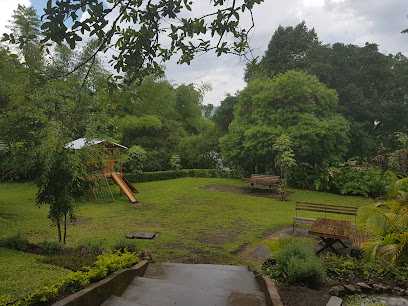
Veg-Delight Lilongwe
Experience the vibrant flavors of India at Veg-Delight Lilongwe—an inviting vegetarian haven in Malawi's bustling Old Town Mall.
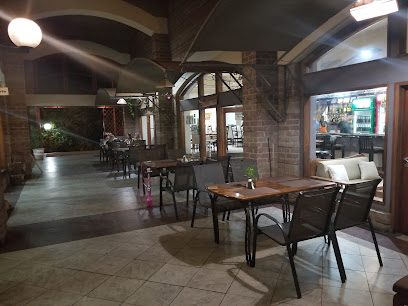
Casa Rossa
Experience authentic Malawian cuisine at Casa Rossa in Zomba - where flavor meets culture in a delightful dining atmosphere.
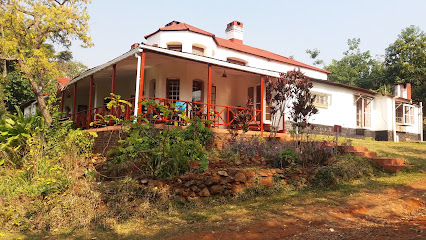
Ama Khofi
Discover the flavors of Malawi at Ama Khofi, where culinary excellence meets warm hospitality in the heart of Lilongwe.
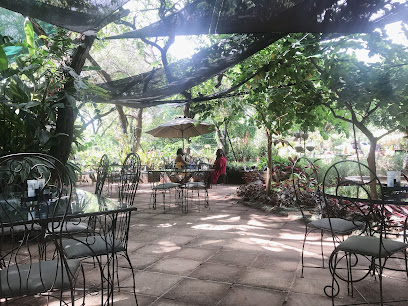
Blend. Lodge & Kitchen
Experience the vibrant culinary scene at Blend. Lodge & Kitchen in Zomba—where local flavors meet warm hospitality.
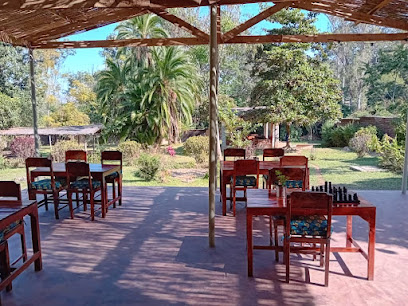
Elly B's African Diner
Experience the best of authentic African flavors at Elly B's African Diner in Blantyre - A culinary journey awaits!
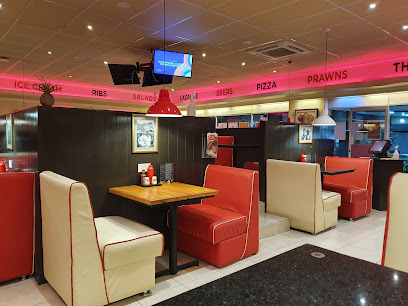
Hapuwani Village Lodge
Experience authentic Malawian cuisine amidst breathtaking views at Hapuwani Village Lodge in Mulanje.
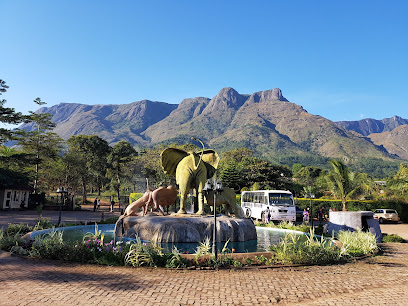
The Bay
Discover the flavors of Malawi at The Bay - a top-rated restaurant offering local delicacies and international cuisine in the heart of Lilongwe.
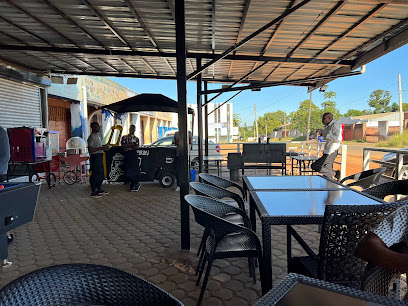
ARTHOUSE Cafe And Shop
Discover Balaka's vibrant culture at ARTHOUSE Cafe And Shop - where delightful dining meets unique shopping in Southern Malawi.
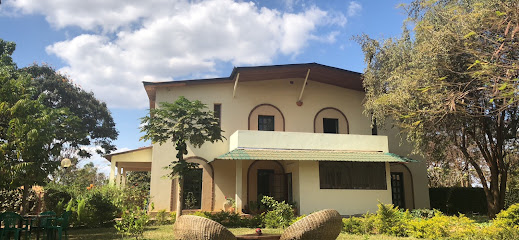
Mulanje Pepper
Discover authentic Malawian flavors at Mulanje Pepper – where every meal tells a story of tradition and taste.
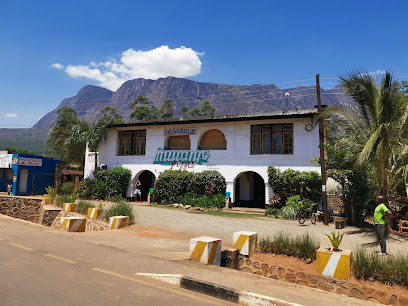
MANNO SALWA RESTAURANT
Experience authentic Malawian cuisine at Manno Salwa Restaurant in Blantyre - where every meal tells a story.
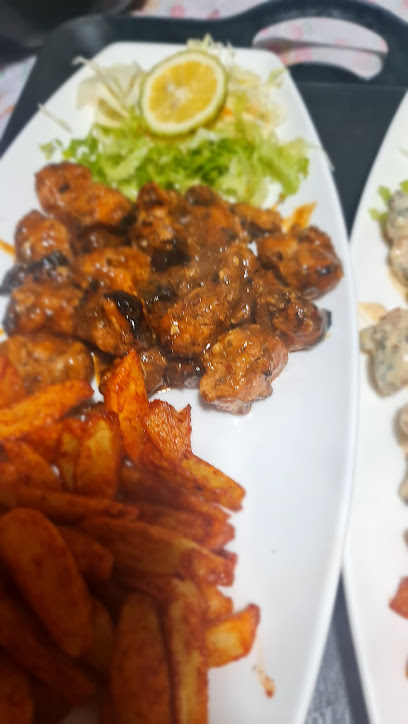
Chicken, Pizza Hut Restaurant
Experience delightful meals at Chicken, Pizza Hut Restaurant in Kasungu—where delicious chicken and pizza await every visitor.
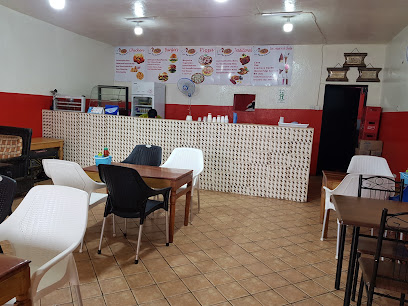
Kalibu
Experience authentic Malawian flavors at Kalibu in Blantyre - where every meal tells a story.
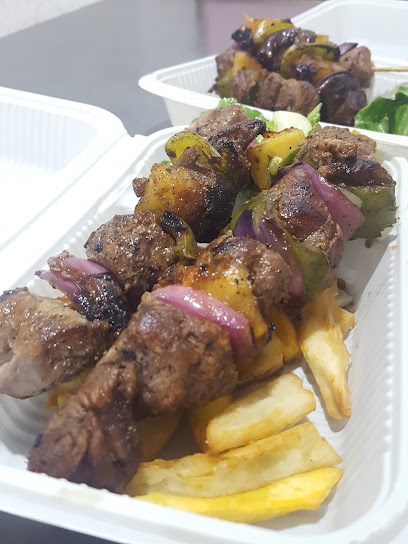
Golden Peacock Chinese Restaurant
Discover authentic Chinese flavors at Golden Peacock Restaurant in Chichiri—an unforgettable culinary experience awaits you.
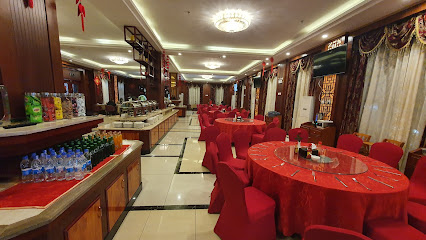
Mulanje Pizza
Discover the authentic flavors of Malawi at Mulanje Pizza – where every slice tells a story!
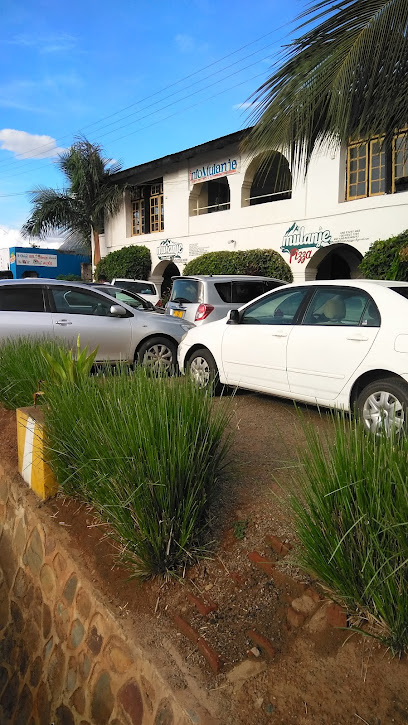
Markets, malls and hidden boutiques
The Gateway Mall
Discover The Gateway Mall in Lilongwe, Malawi – a vibrant shopping haven with diverse brands, delightful dining, and exciting entertainment options.
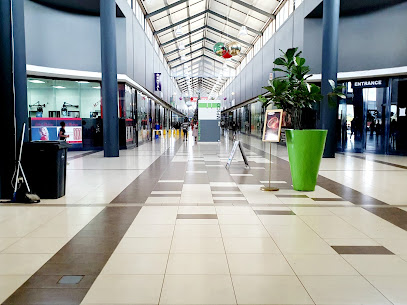
Mount Mulanje Stopover - Likhubula
Discover the tranquility of Likhubula at Mount Mulanje Stopover – your gateway to breathtaking hikes and serene accommodations.
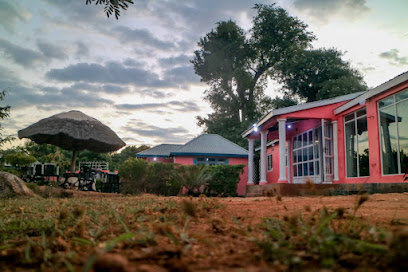
People of the Sun
Discover the vibrant artistry and unique craftsmanship of Malawi at People of the Sun in Blantyre, a premier craft store for authentic souvenirs.
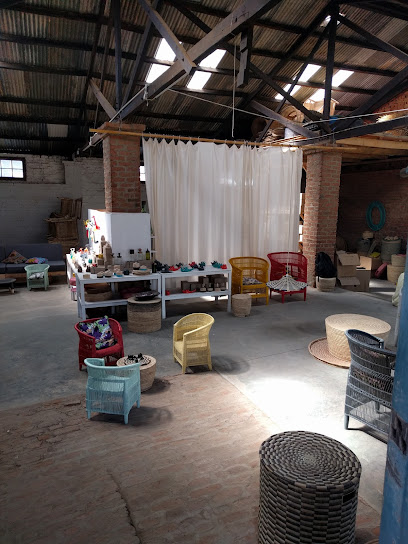
Old Town Mall
Explore Old Town Mall in Lilongwe for a unique shopping experience blending local culture and modern retail.
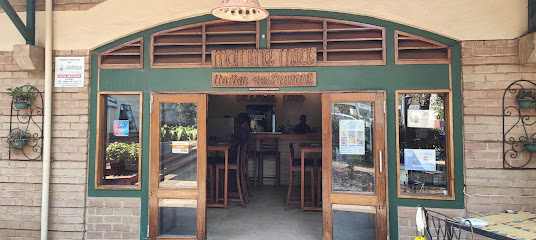
Century City Mall
Discover shopping, dining, and entertainment at Century City Mall, the premier shopping destination in Lilongwe, Malawi.
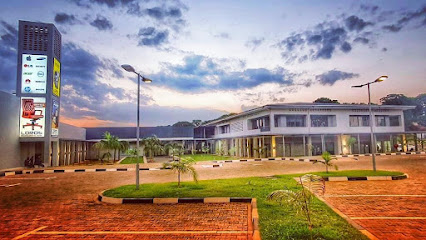
KASSAM BAZAAR
Explore the vibrant local fashion scene at Kassam Bazaar in Mulanje, where culture and style come together in a unique shopping experience.
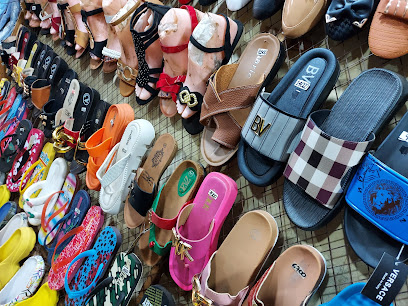
City Boutique
Discover unique fashion and local craftsmanship at City Boutique in Blantyre, Malawi's vibrant clothing store offering stylish apparel and accessories.
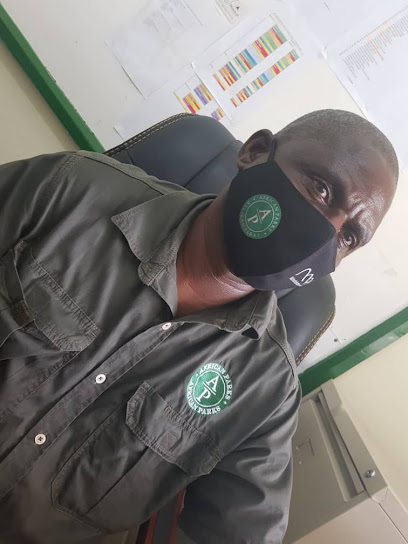
Mulanje, Ng'omo
Explore the breathtaking landscapes and rich culture of Mulanje, Ng'omo, a hidden gem in Malawi ideal for adventure seekers and cultural enthusiasts alike.
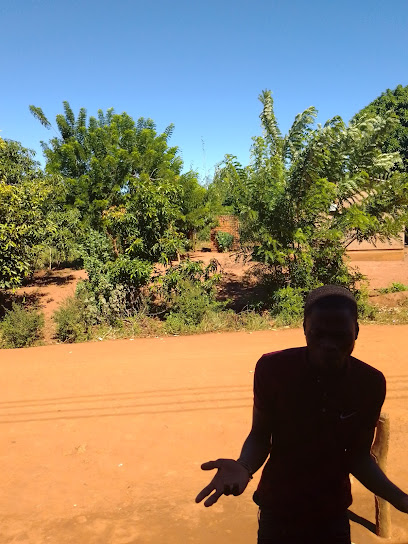
Kara O Mula Curios
Explore unique local crafts and curios at Kara O Mula Curios, a vibrant shopping destination at the foot of Malawi's breathtaking Mulanje Mountain.
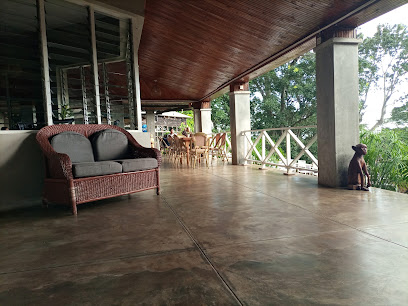
Kibebe Malawi
Discover unique Malawian gifts at Kibebe Malawi, where local artistry and culture come together in a charming shopping experience.
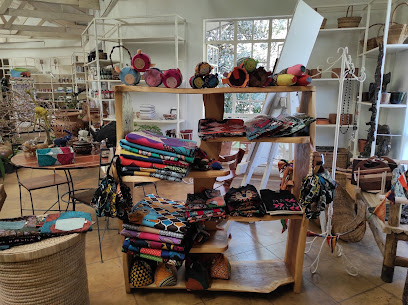
Mulanje Shoprite
Explore Mulanje Shoprite for a delightful shopping experience in Malawi, offering a variety of local and international products amidst friendly service.

Mulanje Peanut Shop
Explore the authentic flavors of Malawi at Mulanje Peanut Shop, your destination for local peanuts and nutritious snacks.
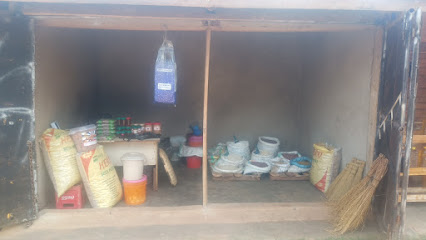
Kings frost
Discover unique home goods and local crafts at Kings Frost, a charming shopping destination in Mathambi, Mulanje, showcasing Malawian artistry.
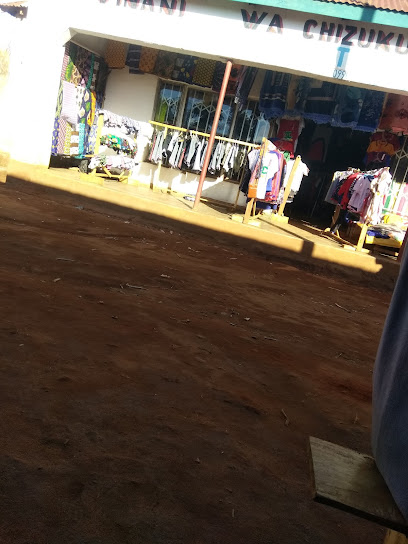
Molere shoppings
Explore Molere Shoppings in Makwasa for a unique blend of local crafts, vibrant atmosphere, and a taste of authentic community culture.

Mofolo Shop
Discover the vibrant Mofolo Shop in S144 for unique crafts and local treats reflecting the rich culture of the region.

Essential bars & hidden hideouts
Kara O'mula by Serendib
Discover exquisite local cuisine and stunning mountain views at Kara O'mula in Mulanje, Malawi - the perfect stop for adventurers and food lovers alike.

Hapuwani Village Lodge
Discover authentic Malawian cuisine and breathtaking views at Hapuwani Village Lodge, the perfect dining spot at the foothills of Mt. Mulanje.
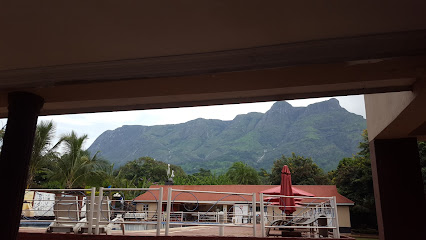
TJ's Bar
Discover the vibrant nightlife at TJ's Bar in Blantyre, where great drinks, live entertainment, and a friendly atmosphere await every visitor.
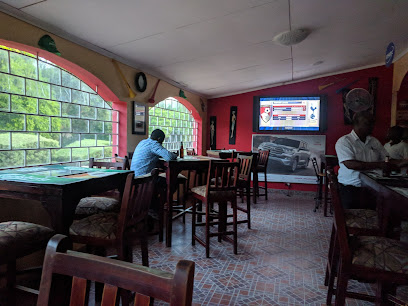
Mulanje Pepper
Experience the vibrant flavors of Malawi at Mulanje Pepper, famous for its delicious pizzas and welcoming ambiance.
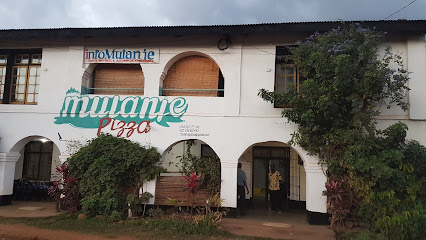
Sky Lounge Bar
Experience the vibrant flavors and stunning views at Sky Lounge Bar in Blantyre, where every meal is a celebration of local cuisine.
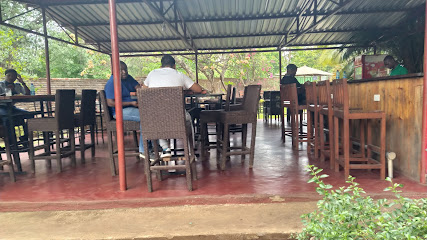
Vision Gaming
Enjoy a lively atmosphere and refreshing drinks at Vision Gaming, the premier bar in Lilongwe, Malawi. Perfect for relaxation and socializing.

Mulanje Motel
Discover the serene beauty of Mulanje Motel, nestled at the foot of majestic mountains, perfect for adventure and relaxation in Malawi.
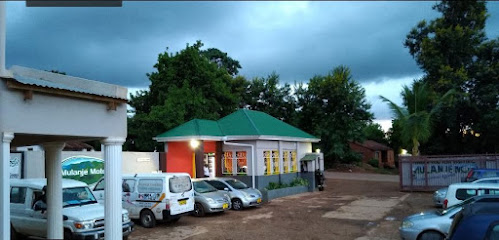
Terminal 5 Bar
Experience the vibrant heart of Lilongwe at Terminal 5 Bar, where every sip and conversation brings you closer to local culture and nightlife.
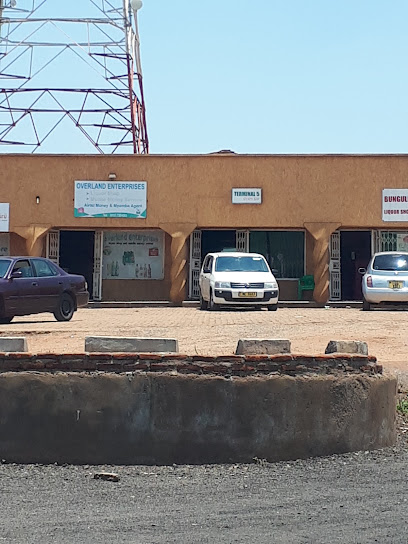
Okabvango Sports Bar
Discover the lively Okabvango Sports Bar in Lilongwe, where sports, drinks, and camaraderie create unforgettable experiences.
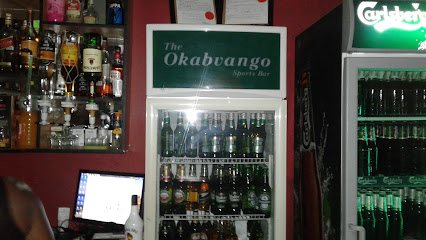
The Mixed Booze and BBQ
Experience the vibrant flavors of Malawi at The Mixed Booze and BBQ in Zomba, where barbecue bliss meets a lively bar atmosphere.
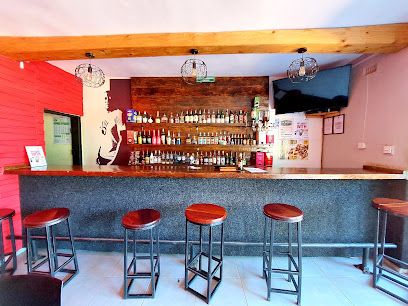
Mulanje Pizza
Experience the authentic taste of Malawi at Mulanje Pizza, where every slice is a celebration of local flavors and culinary craftsmanship.
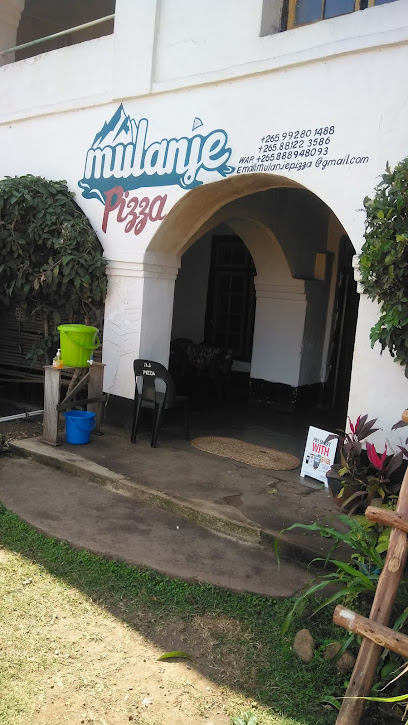
Mulanje Bar
Discover the heart of Chimire's nightlife at Mulanje Bar, where local culture meets vibrant atmosphere and refreshing drinks.

THE LOUNGE AT THE SHACK
Experience the vibrant culinary scene at The Lounge at The Shack in Lilongwe, where diverse flavors meet a lively atmosphere.
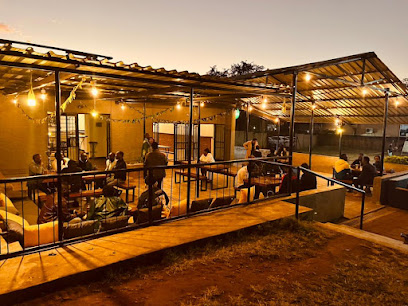
Mount mulanje
Discover the awe-inspiring Mount Mulanje, a premier hiking destination in Malawi, featuring stunning landscapes and rich biodiversity.
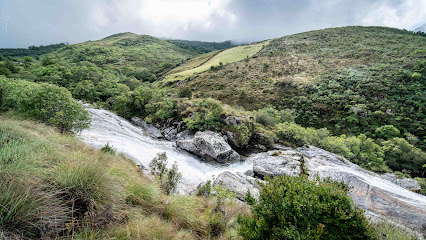
Local Phrases about Mulanje Mountain
-
- HelloMoni
[moh-nee] - GoodbyeTionana
[tee-oh-nah-nah] - YesEyo
[ay-yoh] - NoAyine
[ah-yee-neh] - Please/You're welcomeChonde
[chon-deh] - Thank youZikomo
[zee-koh-moh] - Excuse me/SorryPepani
[peh-pah-nee] - How are you?Muli bwanji?
[moo-lee bwan-jee] - Fine. And you?Bwino. Ine?
[bwee-noh. ee-neh?] - Do you speak English?Mukhulupilira Chizungu?
[moo-koo-loo-pee-lee-rah chee-zoon-goo?] - I don't understandSindikudziwa
[seen-dee-koo-zee-wah]
- HelloMoni
-
- I'd like to see the menu, pleaseNdikufuna kuona menu, chonde
[ndee-koo-foo-nah kwoh-nah men-oo, chon-deh] - I don't eat meatSindidya nyama
[seen-dee-jah nyah-mah] - Cheers!Zokoma!
[zoh-koh-mah] - I would like to pay, pleaseNdikufuna kuyimira, chonde
[ndee-koo-foo-nah koo-yee-mee-rah, chon-deh]
- I'd like to see the menu, pleaseNdikufuna kuona menu, chonde
-
- Help!Chitani chifundo!
[chee-tah-nee chee-foon-doh!] - Go away!Pita!
[pee-tah!] - Call the Police!Pangani chitukuko!
[pahng-ah-nee chee-too-koo-koh!] - Call a doctor!Pangani dokotala!
[pahng-ah-nee doh-koh-tah-lah!] - I'm lostNdili ndi kusowa
[ndee-lee ndee koo-soh-wah] - I'm illNdili ndi kusauka
[ndee-lee ndee koo-sow-kah]
- Help!Chitani chifundo!
-
- I'd like to buy...Ndikufuna kudzamira...
[ndee-koo-foo-nah koo-dzah-mee-rah] - I'm just lookingNdimagwiritsa ntchito
[ndee-mah-gwee-ree-tsah nchee-toh] - How much is it?Ndikudziwa bwanji?
[ndee-koo-dzee-wah bwan-jee?] - That's too expensiveIyi ndi yabwino kwambiri
[ee-yee ndee yah-bwee-noh kwahm-bee-ree] - Can you lower the price?Mukhoza kugwiritsa ntchito?
[moo-koh-zah koo-gwee-ree-tsah nchee-toh?]
- I'd like to buy...Ndikufuna kudzamira...
-
- What time is it?Iyi ndi tsiku lanji?
[ee-yee ndee tsee-koo lah-njee?] - It's one o'clockNdi muwiri watsiku
[ndee moo-wee-ree wah-tsee-koo] - Half past (10)Tiri patsogolo (zibambo zisanu)
[tee-ree pah-tsoh-goh-loh zee-bahm-boh zee-sah-noo] - MorningUsiku
[oo-see-koo] - AfternoonMawa
[mah-wah] - EveningUsiku wambiri
[oo-see-koo wahm-bee-ree] - YesterdayNtchito imeneyi
[nchee-toh ee-meh-neh-yee] - TodayTsiku lero
[tsee-koo leh-roh] - TomorrowTsiku la mawa
[tsee-koo lah mah-wah] - 1Wiri
[wee-ree] - 2Zibambo
[zee-bahm-boh] - 3Zisano
[zee-sah-noh] - 4Ziwiri
[zee-wee-ree] - 5Zibiri
[zee-bee-ree] - 6Zitatu
[zee-tah-too] - 7Zinayi
[zee-nah-yee] - 8Zisanu
[zee-sah-noo] - 9Ziwiri
[zee-wee-ree] - 10Zilala
[zee-lah-lah]
- What time is it?Iyi ndi tsiku lanji?
-
- Where's a/the...?Kuli...?
[koo-lee?] - What's the address?Adilesi ndi ndani?
[ah-dee-leh-see ndee ndah-nee?] - Can you show me (on the map)?Mukhoza kundikana (pamapu)?
[moo-koh-zah koon-dee-kah-nah (pah-mah-poo)?] - When's the next (bus)?Tsiku lonse ndi liti?
[tsee-koo lohn-seh ndee lee-tee?] - A ticket (to ....)Tikiti (ku...)
[tee-kee-tee (koo...)]
- Where's a/the...?Kuli...?
History of Mulanje Mountain
-
Mulanje Mountain, also known as Mount Mulanje or Mulanje Massif, has been a focal point in local folklore and traditions for centuries. The Lhomwe people, who inhabit the surrounding areas, have passed down tales of spirits and mystical beings said to inhabit the mountain. These traditional stories often speak of 'Napolo,' a serpent believed to cause landslides and storms. The Lhomwe consider the mountain sacred and have various rituals and ceremonies to honor the spirits they believe reside there.
-
In the late 19th century, European explorers began to document Mulanje Mountain. The first recorded ascent was by British missionaries, who were drawn to the mountain's imposing granite peaks and lush biodiversity. One of the most well-known explorers of this period was Henry Hamilton Johnston, a British explorer and colonial administrator, who documented the flora and fauna of the region. This period marked the beginning of Mulanje's recognition as a site of natural wonder in the colonial records.
-
Mulanje Mountain is home to the endemic Mulanje Cedar (Widdringtonia whytei), which has been exploited for its valuable timber since the colonial era. Due to overharvesting and illegal logging, the Mulanje Cedar faced the threat of extinction. In recent years, significant conservation efforts have been undertaken to protect and restore the cedar forests. Local communities, along with international conservation organizations, have implemented reforestation projects and stricter enforcement of logging regulations.
-
The Mount Mulanje Porter Program, established in the early 2000s, has been instrumental in promoting sustainable tourism and supporting local communities. The program trains local villagers as porters and guides, providing them with a source of income and fostering a deeper connection between visitors and the local culture. The porters are knowledgeable about the mountain's terrain, flora, and fauna, and share their insights with trekkers, making the hiking experience more enriching.
-
The fertile slopes of Mulanje Mountain have long been used for agriculture by the local communities. Tea plantations, in particular, have flourished in the region, benefiting from the mountain's unique microclimate. Tea estates established during the colonial era continue to operate, contributing significantly to Malawi's economy. The mountain also provides water resources for irrigation, ensuring the sustainability of subsistence farming in the surrounding areas.
-
In 2000, Mulanje Mountain was designated as a UNESCO Biosphere Reserve, highlighting its global ecological significance. This status aims to promote balanced conservation and sustainable use of biodiversity. The reserve encompasses diverse ecosystems, including grasslands, forests, and unique high-altitude habitats. The designation has attracted researchers and environmentalists from around the world, furthering scientific understanding and conservation efforts in the region.
Mulanje Mountain Essentials
-
Mulanje Mountain is located in the southern region of Malawi. The nearest major city is Blantyre, which is approximately 65 kilometers away. Chileka International Airport in Blantyre is the closest airport, offering both domestic and limited international flights. From Blantyre, you can hire a taxi or take a minibus to Mulanje. The journey typically takes around 1.5 to 2 hours by road.
-
Local transportation options around Mulanje Mountain include taxis, minibuses, and bicycle taxis known as 'kabaza.' For those looking to explore the mountain at their own pace, renting a car is also an option. However, be aware that road conditions can vary, especially during the rainy season. On the mountain itself, hiking is the primary mode of transportation, so be prepared for extensive walking and climbing.
-
The official currency in Malawi is the Malawian Kwacha (MWK). While credit cards are accepted in some hotels and larger establishments, it is advisable to carry cash, particularly for smaller vendors and in rural areas. ATMs are available in Blantyre, but options are limited near Mulanje, so it is wise to withdraw sufficient cash before heading to the mountain.
-
Mulanje Mountain is generally safe for tourists. However, standard precautions should be taken, such as not hiking alone and avoiding isolated areas at night. Petty crime, such as pickpocketing, can occur, especially in crowded places. There are no specific high-crime areas targeting tourists, but it is best to stay vigilant and secure your belongings.
-
In case of an emergency, dial 997 for police assistance and 998 for medical emergencies. The nearest medical facilities are in Mulanje Town and Blantyre. It is highly recommended to have travel insurance that covers medical emergencies and evacuation. For minor health issues, there are pharmacies in Mulanje Town where over-the-counter medications can be purchased.
-
Fashion: Do dress modestly, especially in rural areas and when visiting religious sites. Avoid wearing revealing clothing. Religion: Do respect local customs and traditions. Always ask for permission before taking photographs of people or religious sites. Public Transport: Do be respectful and give up your seat to elderly passengers. Don't eat or drink on public transport. Greetings: Do greet people with a handshake. A friendly smile and the local greeting 'Muli bwanji?' (How are you?) are appreciated. Eating & Drinking: Do try local delicacies and accept food offerings graciously. Don't refuse hospitality, as it is considered impolite.
-
To experience Mulanje Mountain like a local, consider visiting the local markets in Mulanje Town to buy fresh produce and handmade crafts. Engage with local guides who can offer in-depth knowledge about the mountain's flora, fauna, and history. Don't miss the opportunity to taste locally brewed tea at one of the nearby tea estates. For an authentic experience, consider staying in a local guesthouse or lodge rather than an international hotel.
Trending Landmarks in Mulanje Mountain
-
Kara O'mula by Serendib
-
Likhubula Falls (Dziwe la Nkhalamba)
-
Williams Falls
-
Mulanje Massif
-
Malape pillars
-
Chongoni Rock Art Area
-
Bunda Mountain
-
Lengwe National Park
-
Likhubula Forest Lodge
-
Chambe Hut (Mt. Mulanje)
-
Chisepo Hut (Mt. Mulanje)
-
Nkhoma mountain
-
Likhubula forest gate
-
Mulanje Mountain Tours and Travel
-
Mount mulanje
Nearby Cities to Mulanje Mountain
-
Things To Do in Blantyre
-
Things To Do in Mangochi
-
Things To Do in Salima
-
Things To Do in Lilongwe
-
Things To Do in Nyanga
-
Things To Do in Chipata
-
Things To Do in Mutare
-
Things To Do in Nkhata Bay
-
Things To Do in Mzuzu
-
Things To Do in Harare
-
Things To Do in Chinhoyi
-
Things To Do in Vilanculos
-
Things To Do in Masvingo
-
Things To Do in Karonga
-
Things To Do in Kariba






